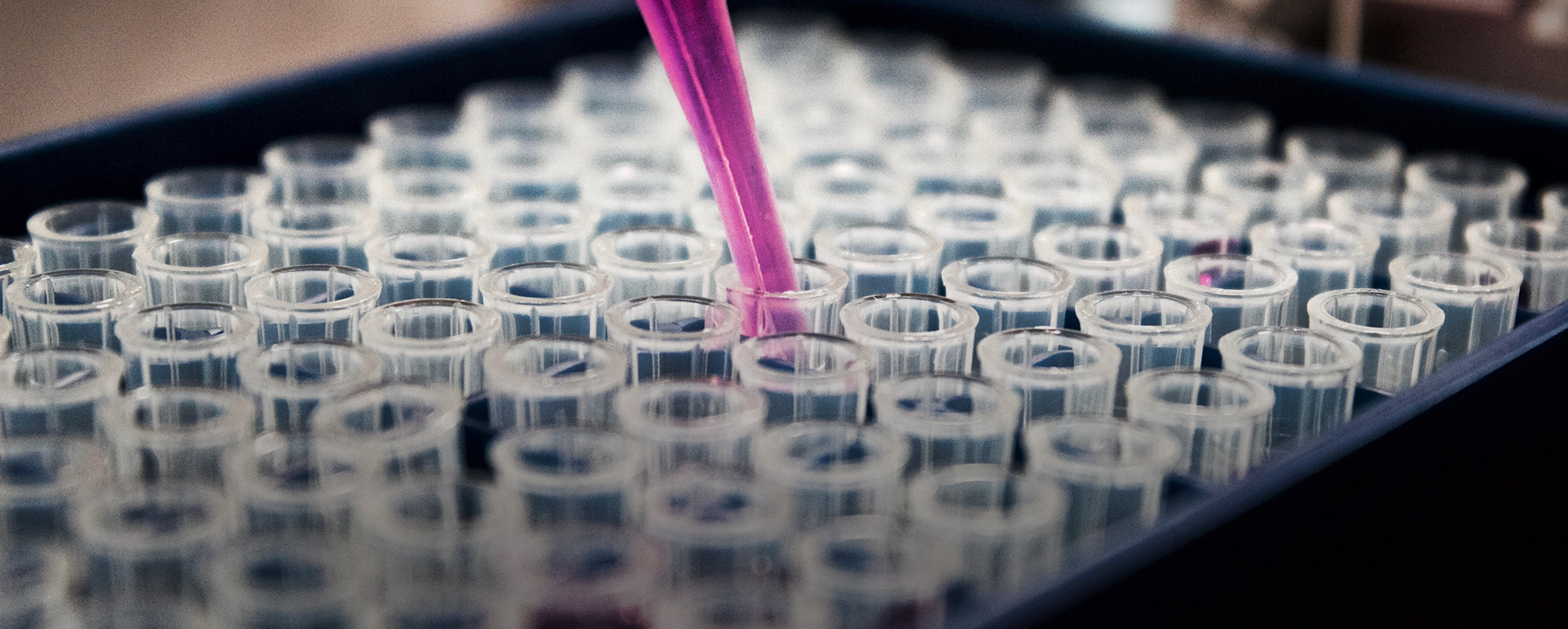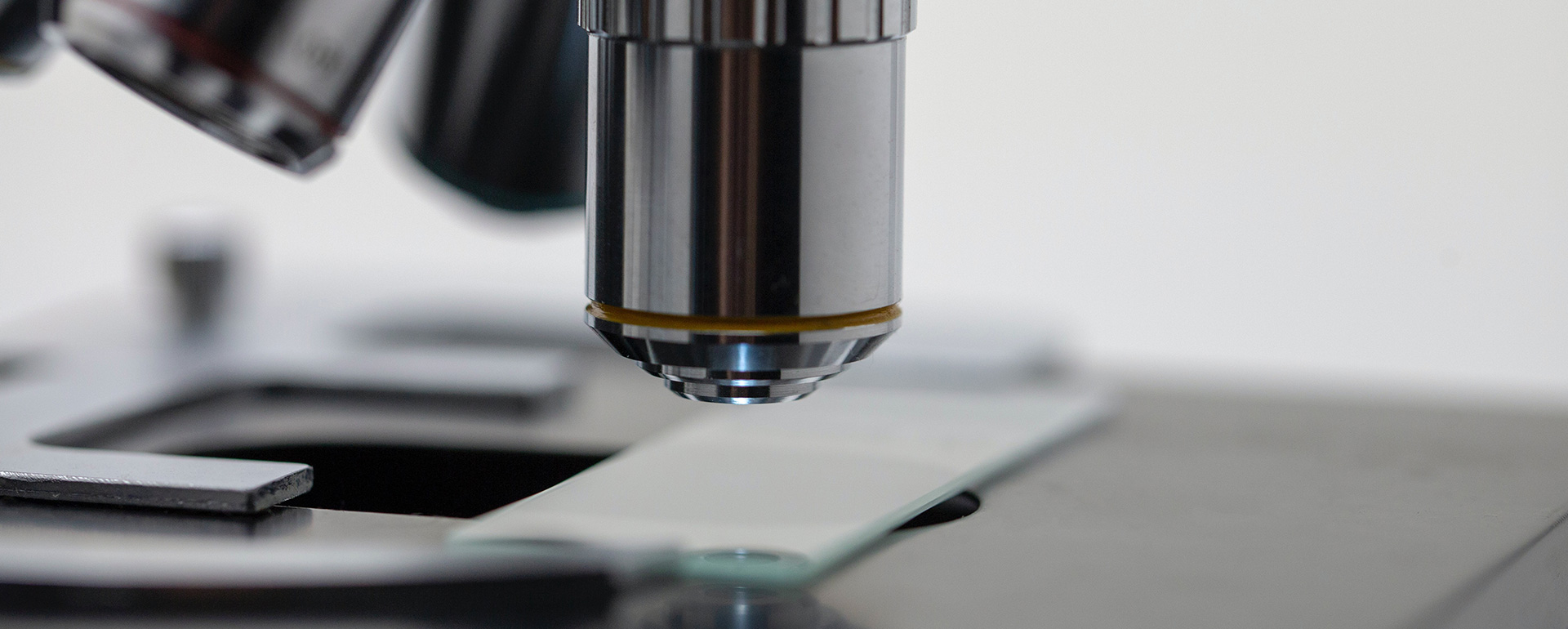The M.E. Biosensor for Water Quality Monitoring
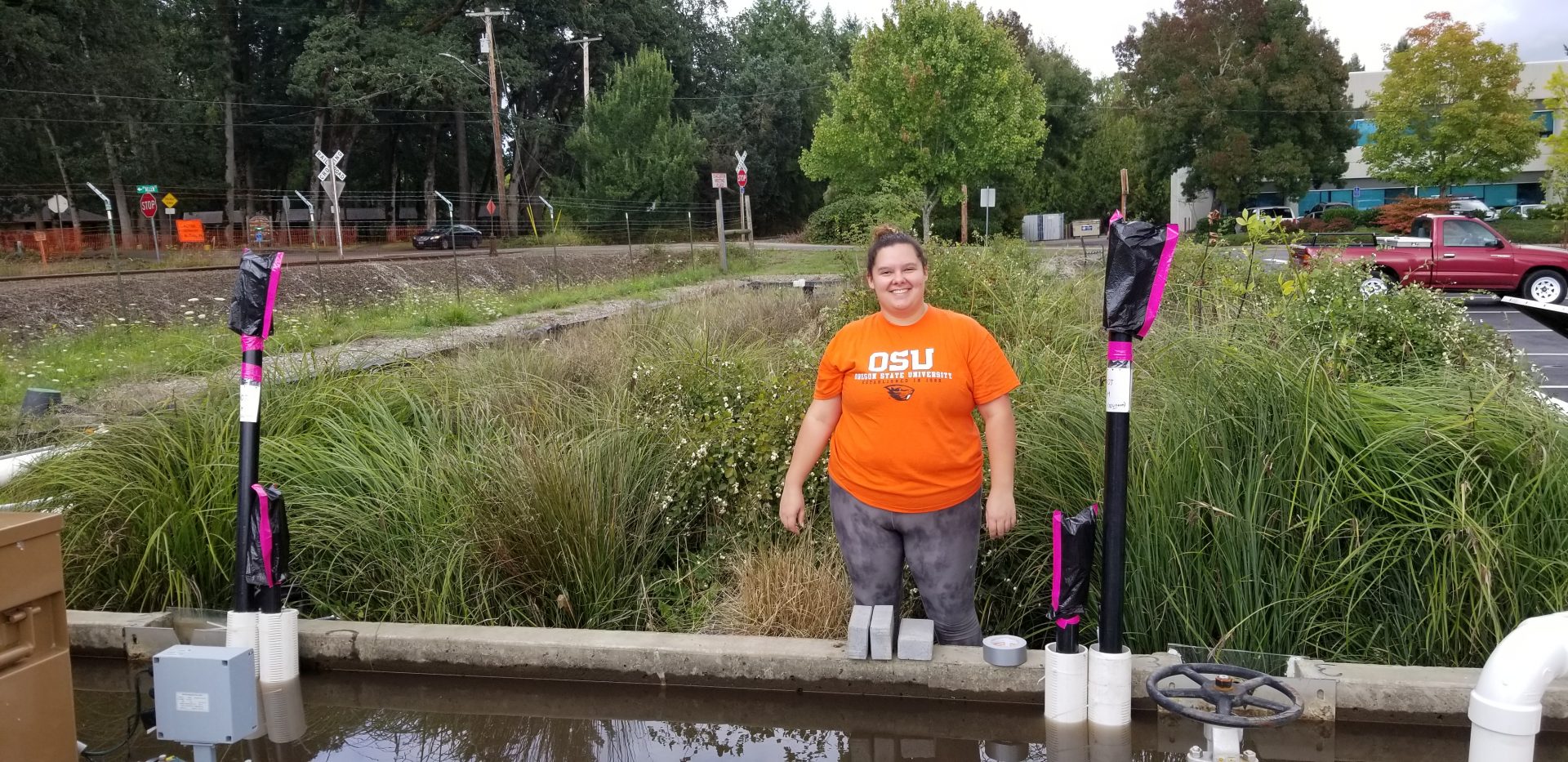
Microbiome Engineering’s M.E. biosensor provides instantaneous, continuous, qualitative, and quantitative data about contamination in aquatic environments online, wirelessly and in real time. In contrast to traditional monitoring via grab sampling and laboratory analysis, which is time-consuming, labor-intensive, and provides only a data snapshot, M.E. biosensors provide immediate and continuous information on dynamic changes in the environment. This information can be sent via cellular networks in real-time to user’s computers and monitors. By using bacteria that are naturally present and sensitive to environmental changes as bioindicators, the sensor’s response is fast, representative, and pertinent.
This biosensor has been successfully piloted in several aquatic environments, such as wastewater treatment plants, sewage network systems, stormwater management systems, and petroleum hydrocarbon remediation sites.
Previous work from Microbiome Engineering has shown the biosensor can remain in the environment and provide accurate signal for months at a time without maintenance required, greatly reducing costs. Most recently, the U.S. EPA awarded Microbiome Engineering a Phase I Small Business Innovation and Research (SBIR) grant to further develop the biosensor for stormwater applications.
News
January 1, 2021
Microbiome Engineering awarded Oregon Business Innovation Grant.
July 18, 2019
Microbiome Engineering awarded EPA SBIR funding for water quality sensor development.
January 1, 2019
Enoveo USA changes name to Microbiome Engineering
About
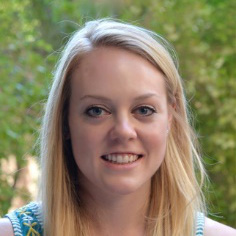
Megan Meinel
Megan Meinel received her BS in Environmental Engineering from Yale University, and her MSE and PhD in Environmental Engineering from Arizona State University (ASU). She specializes in engineering and analyzing bioelectrochemical systems. She has presented at professional conferences and published several peer reviewed publications on this topic. She previously worked in carbon market regulations abroad and in chemical and environmental product stewardship and regulations in the U.S.
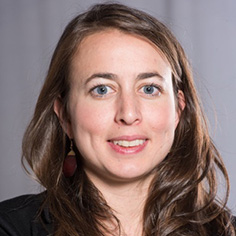
Maude David
Maude David is an assistant professor of Microbiology at Oregon State University. She received her BS in Biochemistry, MS in Microbial Ecology, and PhD in Microbiology from the University of Lyon and has completed postdoctoral fellowships at Lawrence Berkeley National Laboratory and Stanford University. She specializes in computational biology, microbiome ecology and bioinformatics and has authored more than 20 peer reviewed publications. She has prior start-up experience as a founder of Enoveo France, an environmental microbiology consultancy abroad, and consultant for Second Genome, a company focused on microbiome therapeutics.
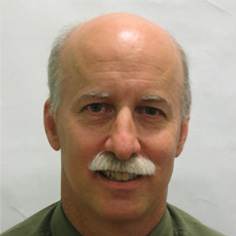
Tim Vogel
Tim Vogel is professor of Microbiology and Bioengineering at the University of Lyon. He received BS degrees in Geology and Oceanography at the University of Washington and his MSE and PhD in Environmental Engineering at Stanford University. Professor Vogel has worked for 40 years on bioengineering and has over 100 scientific publications and 8 patents. He has participated in five start-ups from antibiotic discovery to biosensors. He was previously on the faculties of Michigan State University and the University of Michigan and developed and applied biotechnology at Rhône-Poulenc for 8 years.


